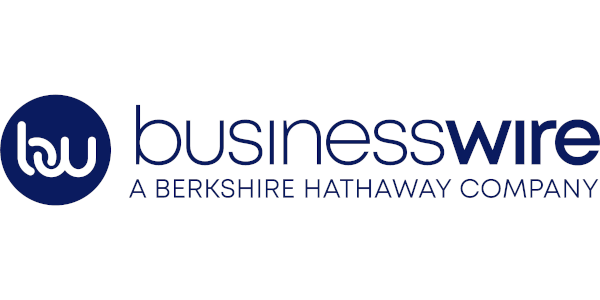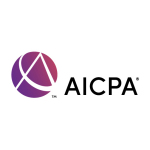Respondents Also Report Cost Containment Steps Taken Due to Pandemic
NEW YORK–(BUSINESS WIRE)–Some 56 percent of business executives said their companies had sought relief funds through the Paycheck Protection Program (PPP), a $660 billion initiative under the CARES Act designed to protect small businesses and their employees, a survey by the American Institute of CPAs found.
The PPP was far and away the most popular form of pandemic-related aid sought, followed by the Small Business Administration’s Economic Injury Disaster Loan (EIDL) program at 8 percent, according to the latest AICPA Economic Outlook Survey, topline results of which were released last week. Some 35 percent of survey respondents said they hadn’t applied for government relief.
In the attached “Pandemic – Government Relief” chart, which illustrates these numbers, respondents could check all categories that applied so percentages do not add up to 100 percent. The “other” category includes advance Medicare payments, employer payroll tax deferral, employee retention credit and nonprofit grants, among other items.
The AICPA Economic Outlook Survey polls chief executive officers, chief financial officers, controllers and other certified public accountants in U.S. companies who hold executive and senior management accounting roles. Two-thirds of the companies these executives represent are privately owned entities, with the rest a mix of publicly listed companies and not-for-profits.
“The overwhelming majority – 92 percent – of executives in our survey said their companies had been impacted negatively by the pandemic,” said Ash Noah, CPA, CGMA, managing director of CGMA learning, education and development for the Association of International Certified Professional Accountants. “The survey results give a snapshot of how they’ve coped so far, with many relying on a mix of relief programs, cost containment and business continuity strategies.”
Sixty-one percent of survey respondents said their companies had kept their employment levels and pay structure intact, presumably in part due to the widespread use of PPP and related programs. Others had furloughed or laid off employees or instituted pay cuts, among other tactics.
The attached “Pandemic-Related Impacts on Workforce” chart was also “check all that apply.” For the “other steps” category, respondents listed such examples as:
- Reduction in force for indirect and support areas
- Reduced hours, OT hours, 4-day workweeks
- Merit increases, bonuses, profit-sharing eliminated
- Salary freeze, hiring freeze
- Eliminated contractors, offered early retirement
- Bonuses, hazard pay, premium pay, thank you bonus, stay bonus
- Product offerings revised
The AICPA and a small business funding coalition it leads are strong advocates of the PPP and worked to help speed and simplify its implementation through a series of recommendations and the development of loan application and forgiveness calculators for the program.
“Our stance from the beginning was that it was vital to get money into the hands of small businesses quickly to ensure that their lights stayed on and their employees were protected,” said Erik Asgeirsson, president of CPA.com, the AICPA’s business and technology arm. “The Economic Outlook Survey data suggests that approach has been largely effective.”
Methodology
The second-quarter AICPA Business and Industry Economic Outlook Survey was conducted from May 5-27 and included 1,198 qualified responses from CPAs who hold leadership positions, such as chief financial officer or controller, in their companies. The overall margin of error is less than 3 percentage points. A copy of the report can be found on aicpa.org.
About the American Institute of CPAs
The American Institute of CPAs (AICPA) is the world’s largest member association representing the CPA profession, with more than 431,000 members in the United States and worldwide, and a history of serving the public interest since 1887. AICPA members represent many areas of practice, including business and industry, public practice, government, education and consulting. The AICPA sets ethical standards for its members and U.S. auditing standards for private companies, nonprofit organizations, and federal, state and local governments. It develops and grades the Uniform CPA Examination, offers specialized credentials, builds the pipeline of future talent and drives professional competency development to advance the vitality, relevance and quality of the profession.
About the Association of International Certified Professional Accountants
The Association of International Certified Professional Accountants (the Association) is the most influential body of professional accountants, combining the strengths of the American Institute of CPAs (AICPA) and The Chartered Institute of Management Accountants (CIMA) to power trust, opportunity and prosperity for people, businesses and economies worldwide. It represents 650,000 members and students across 179 countries and territories in public and management accounting, and advocates for the public interest and business sustainability on current and emerging issues. With broad reach, rigor and resources, the Association advances the reputation, employability and quality of CPAs, CGMAs and accounting and finance professionals globally.
Contacts
Jeff May
212.596.6122
jeffrey.may@aicpa-cima.com
Gil Nielsen
212.596.6008
gilbert.nielsen@aicpa-cima.com




.jpg)


